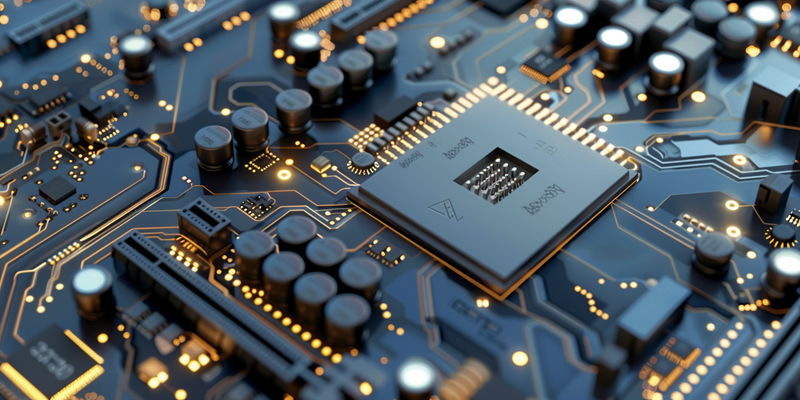In the rapidly evolving world of technology, Ampere Computing is taking data center capabilities to new heights with their latest innovation—a 256-core CPU based on TSMC’s advanced 3nm process. This isn’t just another incremental upgrade; it’s a transformative leap that could radically enhance the efficiency and performance standards of cloud computing infrastructures.
Ampere’s powerhouse CPU promises to redefine the capabilities of server farms, enabling them to tackle a higher volume of workloads with unprecedented speed and agility. By pushing the boundaries of what’s possible in data processing, this processor is set to revolutionize the way we think about computing power in data centers, offering a glimpse into the future of high-performance computing. As data demands continue to grow, Ampere’s 256-core CPU might just be the key to meeting the burgeoning needs of the cloud computing industry.
Pioneering Performance
The upcoming 256-core CPU from Ampere Computing is more than a mere increment in core counts; it’s an innovative leap. By doubling down on cores and adopting PCIe 6.0, the new CPU ensures that data centers can handle the burgeoning demand for high-performance computing. This is crucial for tasks that require massive parallel processing capabilities, such as large-scale simulations, complex data analytics, and artificial intelligence workloads. With such a substantial increase in core count, Ampere’s CPUs offer an avenue to scale up activities without a commensurate scaling of infrastructure, maintaining a leaner operational footprint.
A New Era of Efficiency
The AmpereOne-3nm CPU marks a significant leap in data center technology, with energy efficiency at its heart. This chip isn’t just about raising the bar in core count; it’s about smart performance management too. For data centers, which are constantly battling high energy costs and environmental concerns, Ampere’s advanced architecture could be a game-changer. More computing power from every watt means better cost-effectiveness and a smaller carbon footprint. As future applications demand more complexity and energy, the AmpereOne-3nm positions data centers to surmount these challenges. By integrating performance gains with sustainability, Ampere promises to help data centers evolve, addressing the growing needs for advanced computations without forfeiting their green commitments. This blend of power and efficiency could usher in a new era for data centers, making Ampere’s approach a potential industry standard in the face of increasing computational demands.

